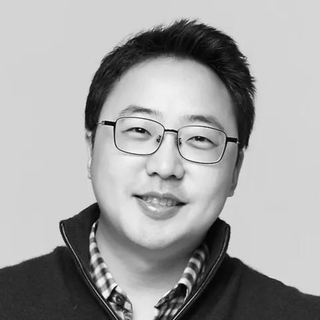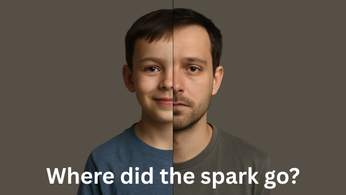
Happiness: The Most Important Ph.D. in the World?
As mental health crises rise, a New Jersey university launches a bold, science-backed doctoral program in happiness.
Happiness Isn’t a Luxury. It’s a Curriculum.
In 2017, I took Yale’s The Science of Well-Being course—a class that would go on to become one of the most popular in the world. Taught by Professor Laurie Santos, it now boasts over 4.9 million learners on Coursera. That’s not a typo. Millions of people have taken a free course on happiness—not just out of curiosity, but out of deep, personal need.
At the same time, Stanford’s Designing Your Life, taught by Bill Burnett and Dave Evans, became a campus phenomenon. Based on design thinking principles, the class helps students architect a meaningful life—not just a successful one. Their Life Design Lab has since expanded into books, workshops, and global movements.
Nearly a decade later, these aren’t passing fads.
They’re a signal.
People—especially students at pivotal moments in life—are hungry for purpose, clarity, and emotional well-being.
And now, Centenary University is taking it one step further: by launching the world’s first fully virtual Ph.D. in Happiness Studies.
The Bold Bet on Flourishing
Led by positive psychology pioneer Tal Ben-Shahar (whose Harvard course once held the title of most popular class on campus), this new 66-credit program doesn’t deal in fluff or feel-good slogans. It draws on rigorous interdisciplinary research from psychology, neuroscience, philosophy, leadership, religious studies, literature, and business.
Its aim? To cultivate human flourishing.
And not just at the individual level. The vision is expansive: workplaces with Chief Wellbeing Officers. School systems led by happiness-informed policy. A society that doesn’t merely survive—but thrives.
The Real Crisis
In a world battling loneliness, burnout, and an epidemic of anxiety, this program is not a gimmick. It’s a response. A countercultural move in higher education that centers how to live as much as what to learn.
Here’s the hard truth:
If we don’t teach students how to live well, all the intelligence, ambition, and accolades in the world won’t matter.
Not if they’re miserable.
Not if they’re aimless.
Not if they’re disconnected from meaning.
As Tal Ben-Shahar puts it:
Today’s professionals crave not just a paycheck—but purpose, connection, and quality of life.
The Future of Education Might Look Like This
Centenary’s earlier Master’s program in Happiness Studies already attracted hundreds of students globally. This Ph.D. builds on that momentum. Graduates are expected to shape the next frontier of education, business, and public policy—not through domination, but through designing better lives.
If this works—and the demand suggests it will—don’t be surprised when more universities follow. The question will no longer be, “Why study happiness?” but rather, “Why didn’t we do this sooner?”
GiftedTalented.com
The world's fastest growing gifted & talented community








